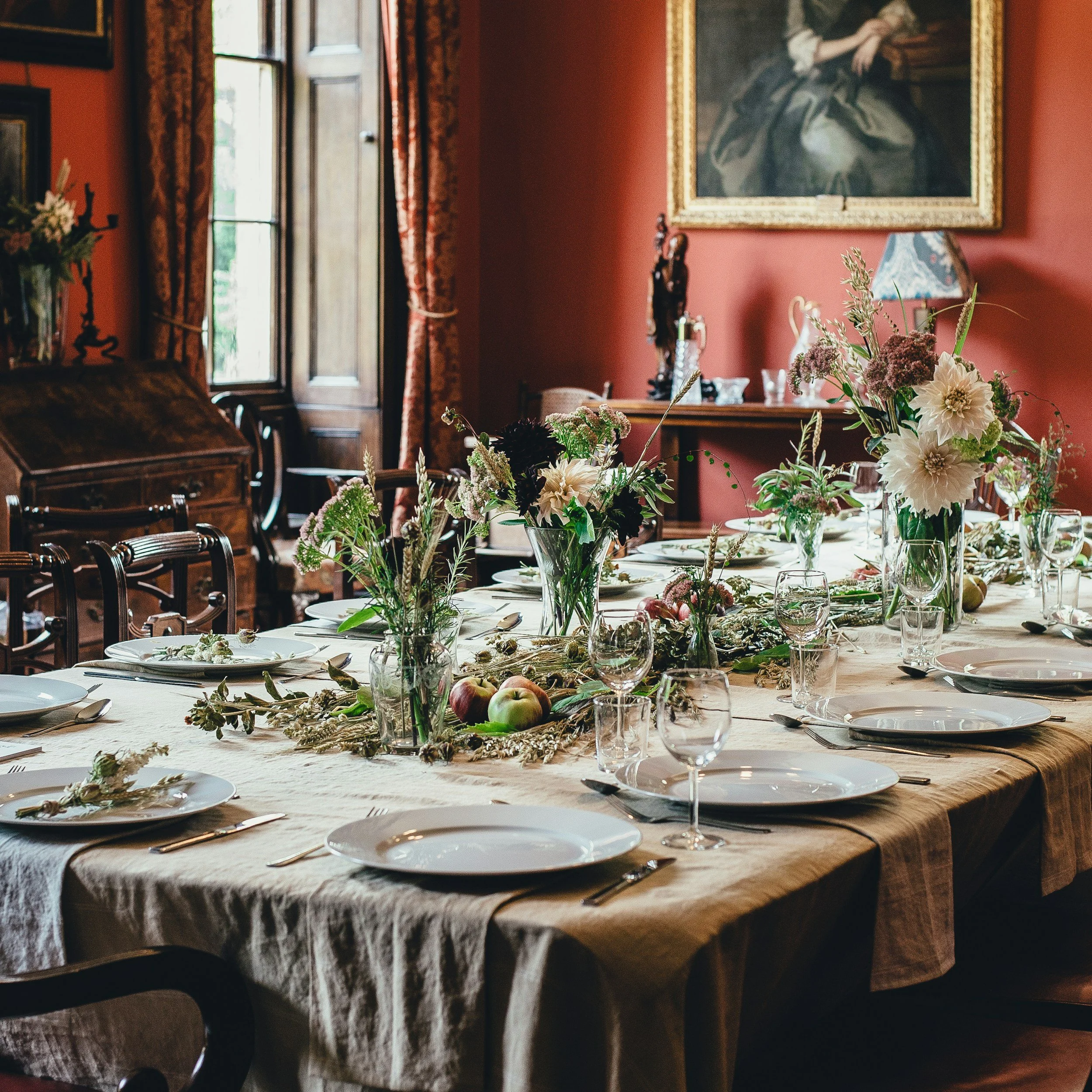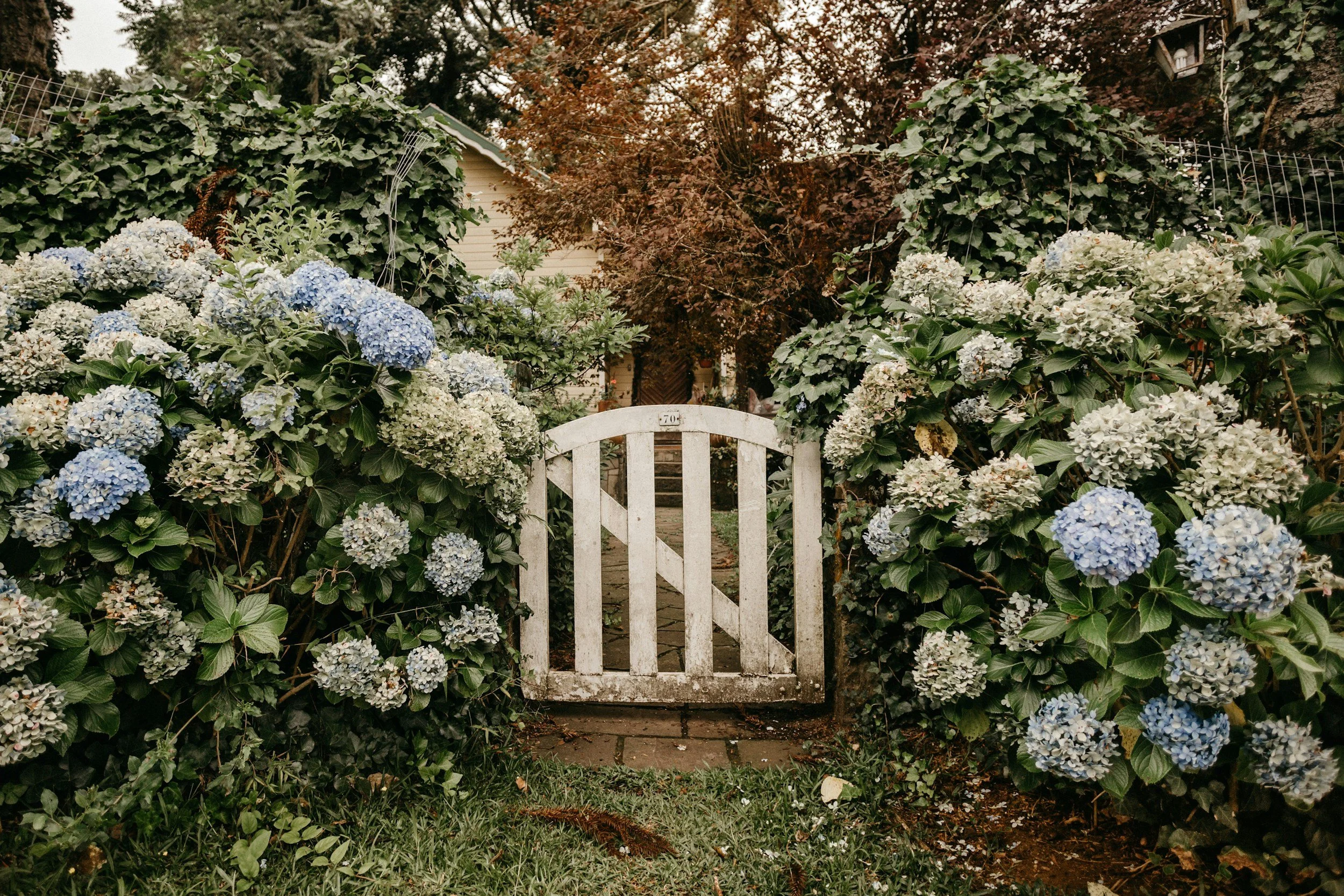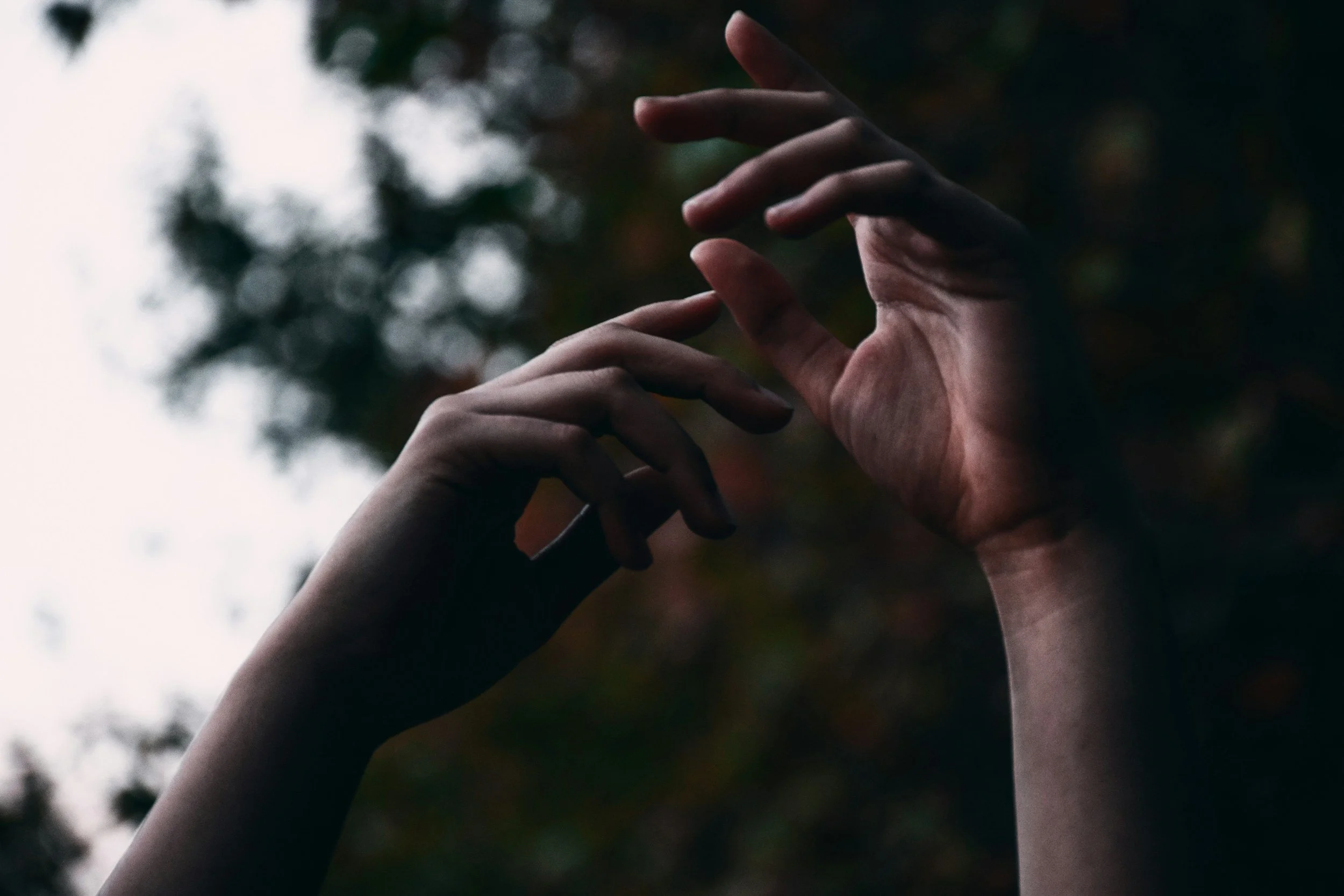You Shouldn’t Have to Be (#8)
Early June, 1912
The wedding was held at the Asheford estate, one of those sprawling, well-tended properties where even the gravel seems to know its place. I do not recall which cousin was being married. I only remember that it was warm, that the champagne was too sweet, and that the doves released after the vows seemed confused about where to go.
I arrived on Lord Bergamot’s arm. He is twenty five years my senior, and these sorts of affairs, the bustling garden parties, the noisy congratulations, the expectant gaiety, tend to exhaust him before the speeches even begin. Still, he enjoys the pageantry of being seen. Of offering a nod here, a compliment there. He likes to leave early enough that no one thinks he was ever truly part of the festivities.
There was a time I thought these events might bring us closer, the shared appearances, the rare dances, the act of being admired together. But now they only serve to show me how separate we are. I sometimes wonder if I feel lonelier beside him than I would feel all by myself.
He was in fine spirits that afternoon, eager to speak with a group of gentlemen gathered near the terrace. Investors or landowners or former classmates, I couldn’t tell. Before we even reached the refreshment tables, he had excused himself with a quick “You’ll manage, won’t you?” and disappeared into the crowd.
Of course I managed. I always do.
Lady Elowen was there, in a slate gown, holding court beneath a pergola heavy with wisteria. I joined her and smiled at the appropriate times. Someone handed me a flute of something fizzy, and I accepted it without tasting. The sun was high, and the laughter felt rehearsed.
They spoke of the usual things, lace detailing, honeymoon destinations, how bold it was to serve fish at an outdoor reception. I offered nods, made the occasional remark about the table settings, and felt myself slowly fading from the room I was standing in.
I hadn’t seen him.
Not until the couple’s first dance, when the crowd began to part and rearrange. I turned, perhaps to find my seat, perhaps to find my husband, perhaps only to move; and there he was. Yates Everett. Standing at the edge of the dance floor, watching.
Not me. Not yet. Just… watching.
He wore a dark cravat, neatly tied, and a quiet expression I couldn’t read. When his gaze did find mine, it lingered. Just for a moment. Long enough to steady something in me, and then unsteady it completely.
He didn’t smile. Neither did I.
Later, as the meal was being cleared and the orchestra began tuning again, I stepped away from the tables. I told someone I needed air. No one asked where Lord Bergamot had gone, which was just as well, because I didn’t know. I hadn’t seen him in over an hour.
I wandered toward the side garden, where the lanterns hadn’t yet been lit. The sky had begun to shift. Not dark, not yet, but bruised around the edges. A solitary breeze stirred the petals at my hem.
That’s where he found me.
He approached without pretense, no false surprise, no remark about the weather. Just a soft “May I?” and a nod toward the bench. I gave the smallest of gestures, the kind that means yes without quite admitting it.
We sat.
The silence between us felt full. Not strained, but deliberate. And then he said it.
“I’ve been watching you all evening.”
He stopped himself, immediately. Looked away. “Perhaps, I misspoke.”
I waited.
He ran a hand along his jaw, not out of discomfort, but the quiet kind of frustration one feels when the truth has already escaped.
“I only meant… I’ve noticed how alone you’ve been.”
He paused again. Then:
“You shouldn’t have to be.”
I didn’t respond right away. I couldn’t. My throat had gone tight, and not from sorrow. From recognition. From the ache of being seen in a way I had stopped expecting.
“It’s a wedding,” I said at last, a careful tilt to my voice. “Everyone feels a bit alone, don’t they?”
He turned toward me then, fully, unguarded, and I felt the weight of his gaze like a hand pressed gently to the base of my throat.
“No,” he said quietly. “Not in that way.”
There it was.
No touch. No confession. Just a truth, too sharp to be polite, too soft to be denied.
He stood not long after. Said something about needing to speak with the groom’s father. I nodded. He left.
But not before his hand brushed the side of the bench, near mine. Not a touch. Not quite. Just… proximity. Permission. Something between a farewell and a promise.
I stayed there until the lanterns were lit and the music changed again. I returned to the table just in time for dessert. Lord Bergamot was there, laughing at something. He asked if I had enjoyed myself. I said I had.
And I had. But not in the way he imagined.
That night, I could not sleep. His words echoed, soft and persistent:
“You shouldn’t have to be.”
I wanted to write them down. I wanted to forget them. I wanted to remember them exactly as they were: unplanned, unrehearsed, and entirely unforgivable.
Because now I know:
This is no longer a thing I imagined.
He feels it, too.
And neither of us will be able to look away much longer.
—L.B.
You Might Also Love…
Read all of The Violet Letters here:
Copyright Notice:
© 2025 Lady Bergamot's Library. All rights reserved.
This work is the intellectual property of Lady Bergamot's Library (Jessica Jones) and may not be reproduced, copied, pasted, or rewritten without prior written permission.
Links to this content may be shared, but the content itself may not be copied, republished, or distributed elsewhere.
All content on this site, including but not limited to text, images, and original works, is protected by copyright law.



















I was in fourth grade when I found A Series of Unfortunate Events. I talked about them on AIM with my best friend, devoured each new hardcover, and felt like someone finally trusted me with something strange and brilliant.